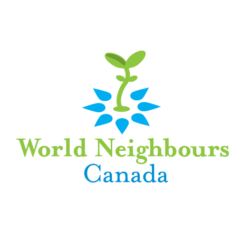World Neighbours Canada is unique.
World Neighbours Canada Society provides support that contributes to increased self-reliance.
Programs are currently active in three program areas: Nepal in Asia, Burkina Faso in Africa, and Honduras, in Central America.
- We help people analyze and solve their own problems
- We encourage and train leaders and organizations local to the project areas
- The programs are all rooted in the tradition of “neighbour helping neighbour”
- We have no central office and our overhead costs are minimal. Our organization is run by volunteers working out of their own homes.
For more information about what we do, please check out our About page.


